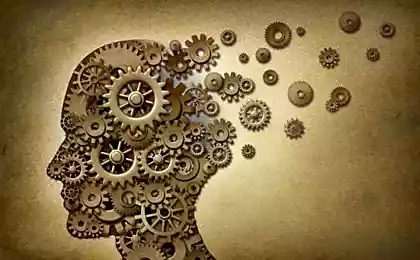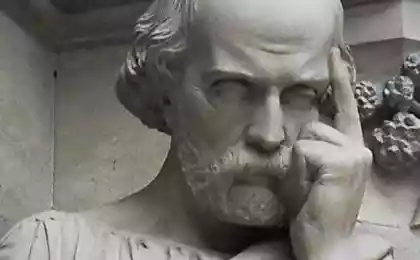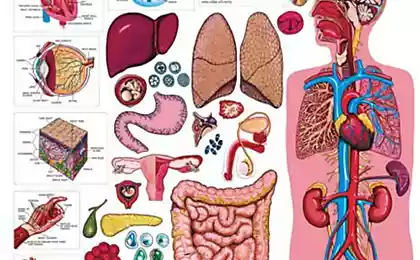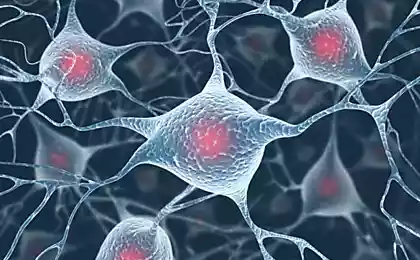611
Patients with Alzheimer's disease gave hope for the restoration of memory
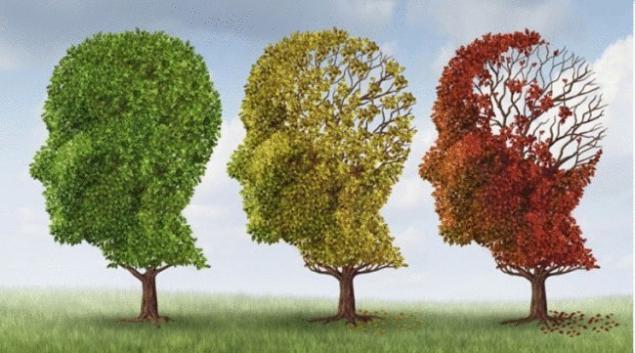
A new study suggests the possibility of recovering the lost memories. The discovery gives hope to millions of people with Alzheimer's disease in the early stages.
Until recently it was believed that memories are stored in synapses, connections between neurons. Noticed that Alzheimer's disease is accompanied by accumulation of protein structures in the brain that leads to the degradation and destruction of synapses. The result is memory loss.
But a new study published in the scientific journal eNow, has given scientists reason to believe that memory is stored elsewhere. The researchers say that if you restore communication between neurons, it is possible to restore lost memories.
Long-term memory is not stored in the synapses. And we have evidence of this. It seems that the nervous system is able to restore lost synaptic connections. If you return these ties, return and memory. I believe that it is not easy, but possible, said study author David Glanzman, Professor of neurobiology at the University of California in Los Angeles.
A series of experiments on zadnekamernye shellfish aplikimi – their nervous system similar to human neurons, placed in Petri dishes, helped the researchers to identify that the synapses and related proteins are not the place to store memories. Tests have shown that protein inhibitors designed to disrupt the functioning of synapses, are not damaged long-term memory.
This suggests that memories are not stored in the synapses but somewhere else. We believe that this place is the nucleus of neurons.
According to scientists, neurons are still alive, "alive" and memories. This discovery gives patients in the early stages of Alzheimer's disease hope for the restoration of the lost memory.
Source: hi-news.ru
A new device for the production of drinking water using solar energy
Classic genre: 11 books that will be included in the school curriculum of our grandchildren



